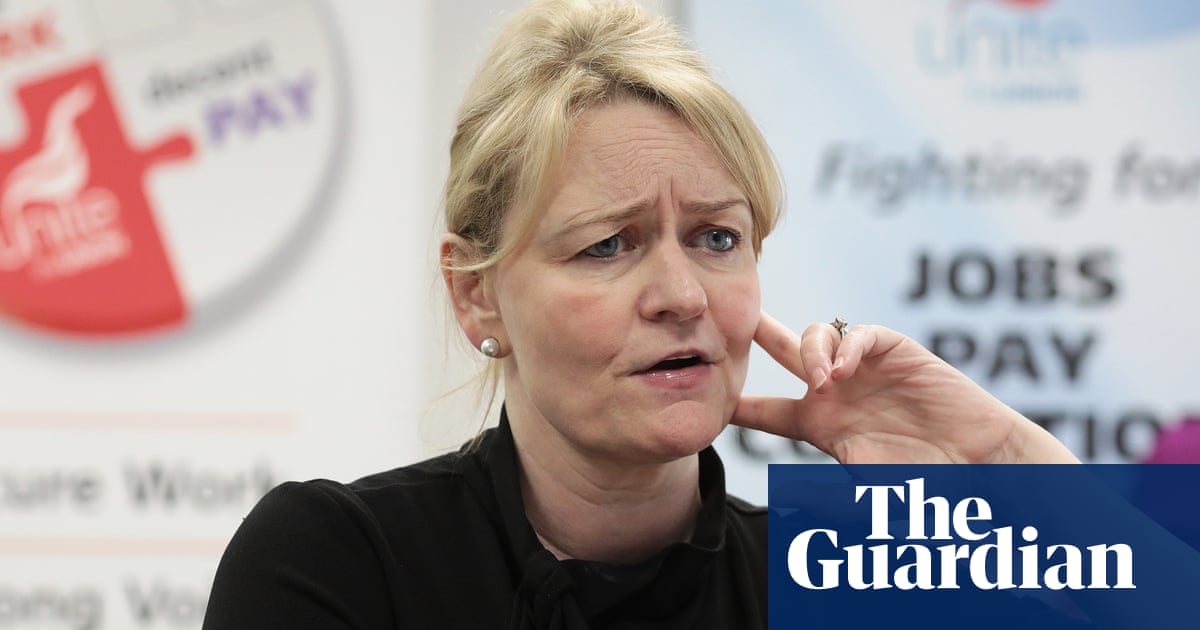
Civilians fleeing conflict in Ukraine must be given immediate access to mental health support when they reach the UK, experts have said, adding there is an urgent need for more investment in such services.
Jonathan Bisson, professor in psychiatry at Cardiff University and director of Traumatic Stress Wales, said many people remaining in Ukraine would be experiencing uncertainty, anxiety and fear and some were likely develop mental health problems.
“Depending on where you are in Ukraine, at the moment you may be experiencing, absolutely catastrophic, direct, traumatic events occurring: loss of homes, having no electricity, no water, deaths of people around you, being injured yourself,” he said. “And if that’s not happening to you, or your town, or where you live at the moment, then clearly there must be a major fear that that will happen in the near future.”
While Bisson stressed such feelings were normal, and should not be pathologised, he said some people were likely go on to develop mental health problems. An important approach to reduce this risk, he added, was ensuring people felt supported during the crisis.
But Bisson said short-, medium- and long-term mental health services were also crucial for those who had fled Ukraine, noting many refugees would require emotional support straight away once they arrived in countries like the UK.
“Any response right from the word go, needs to be trauma informed,” he said. But Bisson said that in the first instance that meant ensuring people fleeing conflict had safety and stability. “Establishing people in communities, getting community support, establishing good social networks for people and with people – these are absolutely fundamental to people’s longer term prospects in terms of their mental health and wellbeing,” he said.
Bisson said therapy for conditions such as post-traumatic stress disorder was usually best offered once individuals were settled and had stability, meaning provision may be needed months or years after their arrival.
Dr Noreen Tehrani, a chartered member of the British Psychological Society and a member of its crisis, disaster and trauma section, also stressed the importance of ensuring refugees felt safe, adding that placing them in families, rather than refugee camps, would hopefully make this easier.
But Tehrani raised concerns about a lack of specialist support. “There is the concern that lots of well-meaning but untrained counsellors and other kind people will want to help, but for refugees with a high level of trauma it is possible to do more harm when you don’t understand exactly what is needed,” she said, adding there was also a need for safeguarding and an awareness of the risks to women and children.
Tehrani said it would also be helpful for information to be provided to services including schools, GPs, youth organisations and people who were offering homes to the refugees so they knew what to expect.
Kama Petruczenko, policy and research officer at the Refugee Council, also pointed to the need for support both for refugees and for those who want to help them. “There is an urgent need for more investment in mental health support for refugees,” she said. “Two-thirds of people seeking asylum experience serious mental distress, and they are five times more likely to have mental health needs than the UK population.”
She added: “The extremely traumatised women and children who arrive from Ukraine will need significant professional support to come to terms with all they have endured. The government needs to ensure sponsors are able to access appropriate levels of support and training to support the complex needs of Ukrainian families who have lost so much.”
Petruczenko said it was hugely important that immediate help and also longer-term support were available.
“The government says additional resources will be made available, but it’s important this funding is at the right level to meet needs as soon as people start to arrive,” she said.
Dr Adrian James, president of the Royal College of Psychiatrists, also called for action. “It’s absolutely critical that we help refugees to recover from the trauma they’ve experienced, and that we identify those in need of additional specialist mental health support. The government must also urgently focus on improving conditions for refugees, including increasing access to mental health support.”
A government spokesperson said: “Ukrainians fleeing their home country will be guaranteed free access to NHS healthcare, including mental health care services and registration with a GP.
“Arrivals will be signposted to services including 24/7 mental health helplines available in every area, and information on accessing NHS services including talking therapies.”












